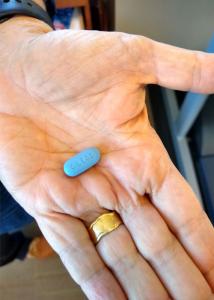Africa Needs Afrocentric Solutions to Beat COVID-19 (Seattle Times - Written by Kingsley Ndoh)
While the U.S. and Europe battle to slow the spread of the novel coronavirus, I can’t help but think about how Africa will cope when it becomes the next epicenter. Based on the three-month-old data that we have about the virus and its spread, guidelines on prevention, containment and mitigation have been set by the World Health Organization (WHO). So far, several African governments have adopted the U.S. and European approach that is centered on lockdowns, social distancing and frequent hand washing with soap and water.

